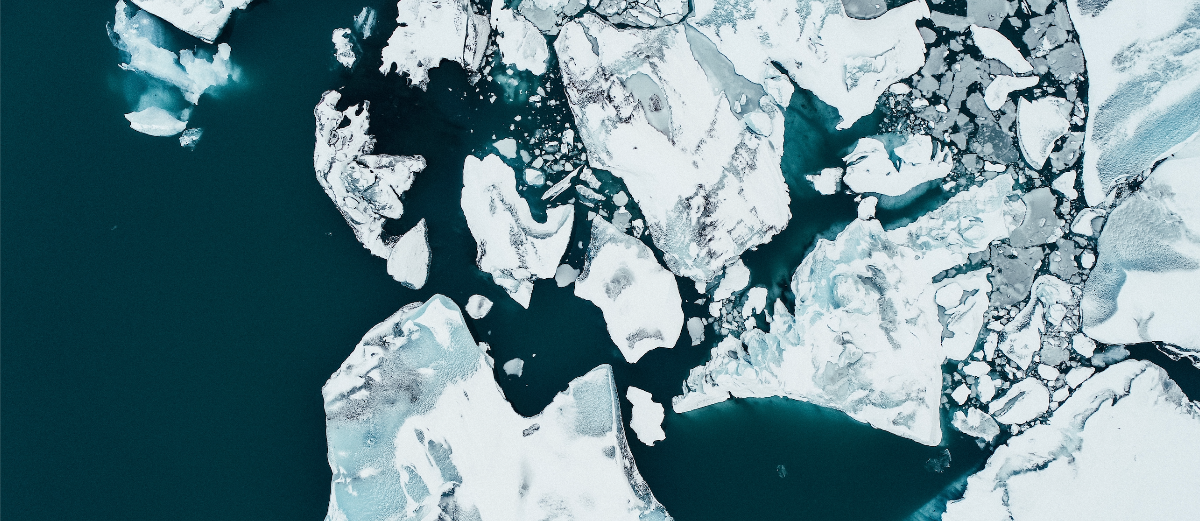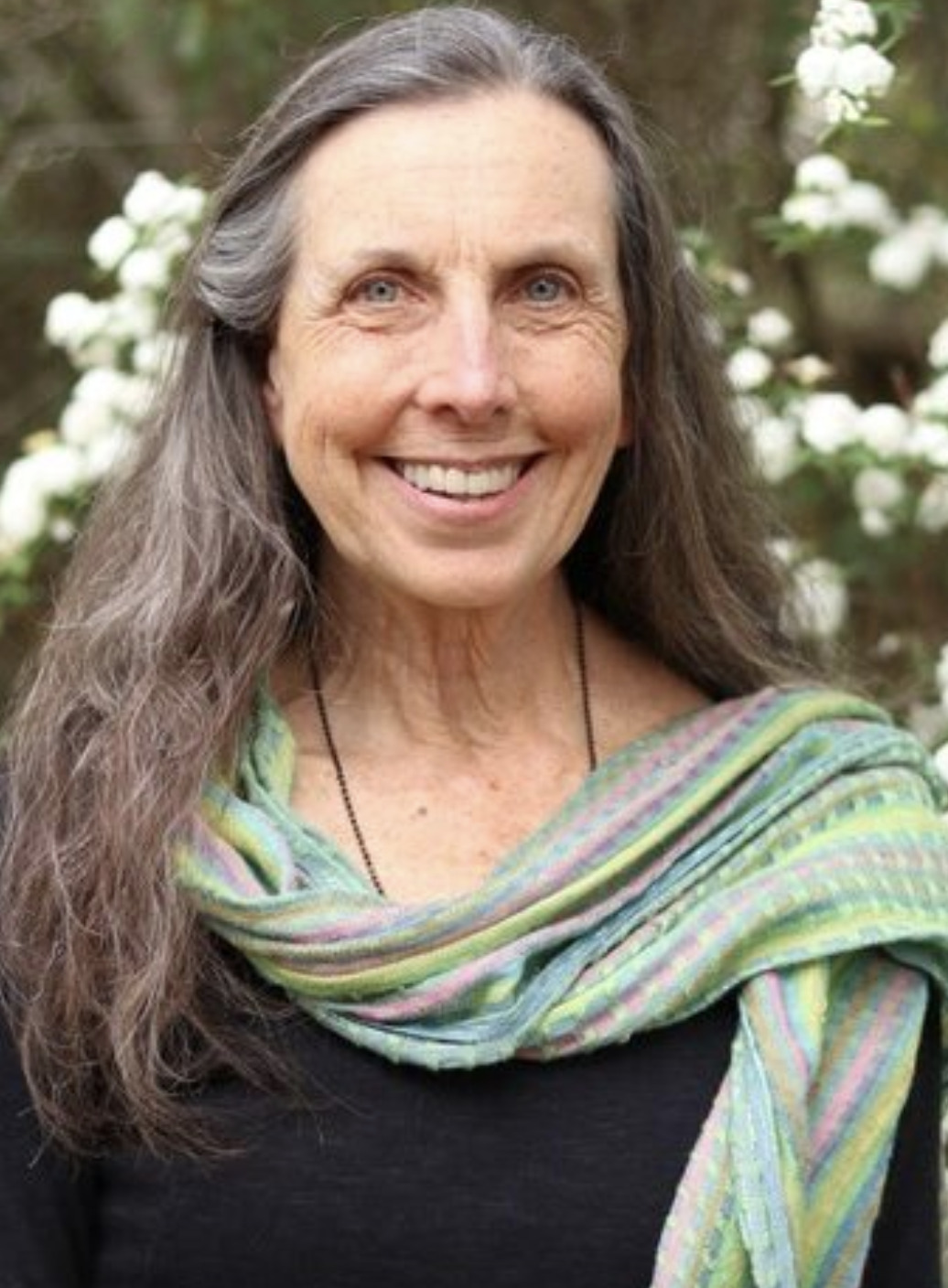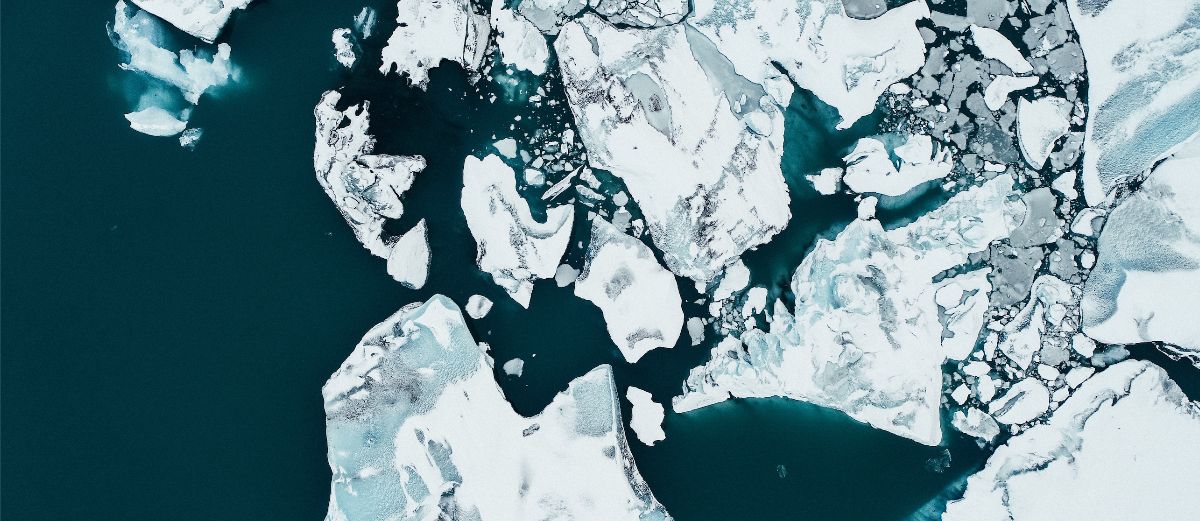
COP28 Conference
As you receive this newsletter, the 28th annual international climate meeting, called COP28 (COP – Conference of the Parties) begins in Dubai, United Arab Emirates. Attendance may hit an all-time record with at least 45,000 attendees expected. However, that’s not the only record being broken.
Analyzing the data from the first 10 months of 2023, the National Centers for Environmental Information reports that there is a 99% chance that 2023 will be the warmest on record; the planet had its warmest October on record this year. Global ocean temperatures set a record high during this period as well and Antarctica experienced its sixth consecutive month of lowest sea ice extent ever recorded. For 28 years now, the COP process has brought representatives from around the world together to address the climate crisis. In 2015, a landmark treaty during the COP21 meeting (the Paris Agreement) set a goal to limit global temperature rise to 1.5 degrees Celsius, which has recently been reported as unlikely, but not impossible.
After this much time, why is progress so slow? In a recent TED talk, Al Gore discusses two main obstacles: (1) relentless opposition from the fossil fuel industry, including capturing the COP process and (2) the global financial system often works against progress.
Not all of the news is negative. This is not the time to succumb to hopelessness – now is the time to act. I urge you to take 25 minutes to listen to this TED talk. It will not only help put the COP28 meeting into perspective but will provide an update as to where we stand on the climate crisis and where we need to go.
Data Basin Tops 50,000 Members

Exciting news! Earlier this month, the number of registered Data Basin users topped the 50,000 mark. A number of new system updates and feature upgrades will be launched over the next couple of months.
We Welcome Dr. Jean Palmer-Moloney to the CBI Board

We are excited to welcome Dr. Jean Palmer-Moloney to the CBI board of directors. Dr. Palmer-Moloney has spent her life studying the chaos of systems and the often-tangled complexity of human-environment interaction. With two PhDs, she has experience across the scientific, academic, nonprofit, policy, and environmental communities, recruited often to give meaning and context to highly technical material and to serve as a go-between for engineers and scientists, policy analysts, and decision-makers. As a research scientist, hydrogeographer, and educator with experience and expertise in coastal resources management, her values and core beliefs are well aligned with CBI’s work. We look forward to working closely with Jean both in her role as a board member and potentially as a collaborator in some of our project work.
